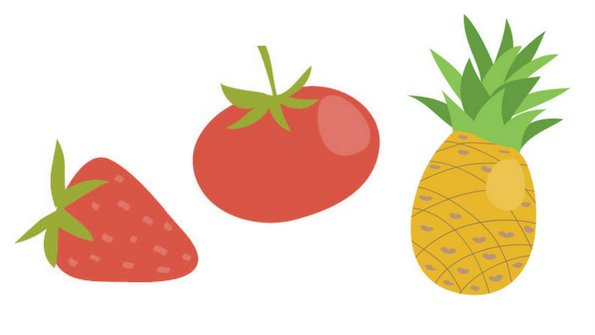Health sabotage: 7 ways you’re harming your path to wellness
Stumble #6: Conventional concerns
Solution: select wisely
You may buy conventionally grown fruits and vegetables because they’re often cheaper than organic. But pesticides accumulate in the body and eventually create weakened immune systems, says Stephanie Hancock, a registered dietitian nutritionist with Kaiser Permanente. That’s particularly bad for pregnant women and children.
It’s critical to health to eat fruits and vegetables, but it’s also worth it to be choosy. “I tell people to be selective,” says Hancock. Foods with a thick rind or peel that you don’t eat, such as cantaloupe or avocado, provide a barrier to pesticides, while more delicate, eat-the-skin foods like apples and peaches absorb chemicals into the flesh more easily, she says.
Prioritize your choices. Study the Environmental Working Group’s (EWG) Dirty Dozen, a yearly compilation of the 12 most pesticide-ridden fruits and vegetables based on USDA data, and buy those items in the organic section whenever possible. For 2017, that list names (in order): strawberries, spinach, nectarines, apples, peaches, celery, grapes, pears, cherries, tomatoes, sweet bell peppers and potatoes.
EWG also creates a list called the Clean 15: fruits and vegetables least likely to contain pesticide residues. This year’s list names sweet corn, avocados, pineapples, cabbage, onions, frozen sweet peas, papayas, asparagus, mangoes, eggplant, honeydew melon, kiwifruit, cantaloupe, cauliflower and grapefruit.
